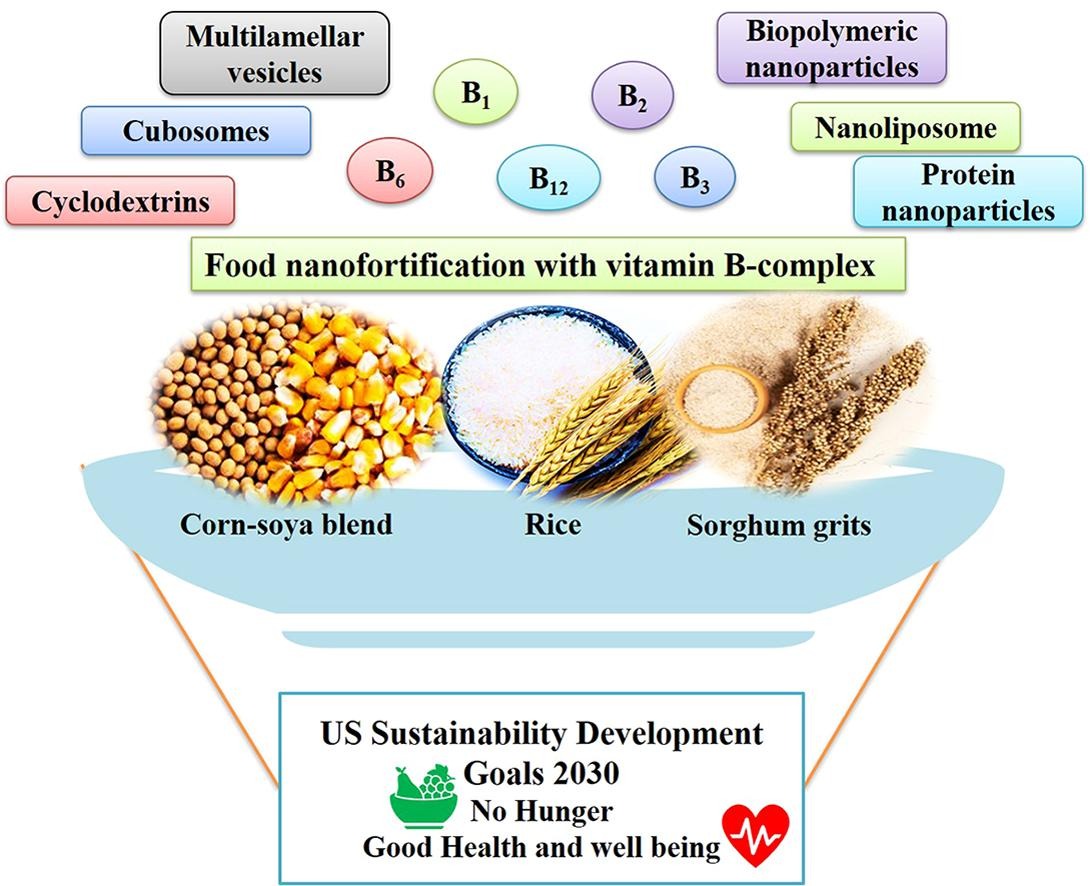With the introduction of nanotechnology in the food industry, new and innovative techniques have started to develop, which holds a promising future to end malnutrition and help achieve United Nations Sustainable Developmental Goal-2 (UN SDG-2), named as zero hunger. This review highlights the need for nanofortification of vitamin B-complex in food matrix to address challenges faced by conventional fortification methods (bioavailability, controlled release, physicochemical stability, and shelf life).
A radical transformation of the world food system is needed to meet the UN sustainable development goals and ensure food security, whilst maintaining the health of the people and the planet. There is an urgent need to accelerate innovation for more sustainable and healthy food systems.
Elsevier,
Water and Climate Change: Sustainable Development, Environmental and Policy Issues, Volume 1, 1 January 2022
This chapter aligns with Goal 6: Clean water and sanitation and Goal 14: Life below water by compiling and analyzing available data in the literature on the distribution of plastics/MPs in global oceans/seas and rivers and estimated riverine plastics outflows to global oceans.
Elsevier,
Fahmeeda Kausar, Ahmad Reza Bagheri, Tahir Rasheed, Muhammad Bilal, Komal Rizwan, Tuan Anh Nguyen, Hafiz M.N. Iqbal,
This chapter focuses on various nanomaterials including metal-based nanomaterials, metal oxide nanomaterials, biochar-supported nanomaterials, and their potential applications in removal of heavy metals from wastewater.
Mental health challenges among physicians and nurses have been well documented, but there is limited information regarding pharmacists. This article looks at the prevalence of suicide within the profession.
A Review on the experiences of supporting individuals of young people who self-harm, in the context of SDG 3, calling for health-care services to address these individuals' needs and implement evidence-based interventions to offer a holistic approach to self-harm care.
An Article on mental health and wellbeing among working-age adults, in the context of SDGs 3, 8, and 10, focusing specifically on the effects of changes in income on mental health, especially for people in poverty or in LMICs.
An Article on the prevalence of dual mental health disorders in prison populations, in the context of SDG 3, focusing specifically on the association of comorbid mental illnesses and substance use disorders with adverse outcomes.
Elsevier,
Reinhard Madlener, Robert Crump, 17 - Grid-friendly clean energy communities and induced intracommunity cash flows through peer-to-peer trading. Editor(s): Sabine Löbbe, Fereidoon Sioshansi, David Robinson, 'Energy Communities', Academic Press, 2022, Pages 277-301, ISBN 9780323911351
This chapter advances UN SDG goals 7 and 11 by supporting clean and sustainable energy and power systems
Discusses progress in the use of toll-like receptors to combat disease and promote SGD 3 Good health.

